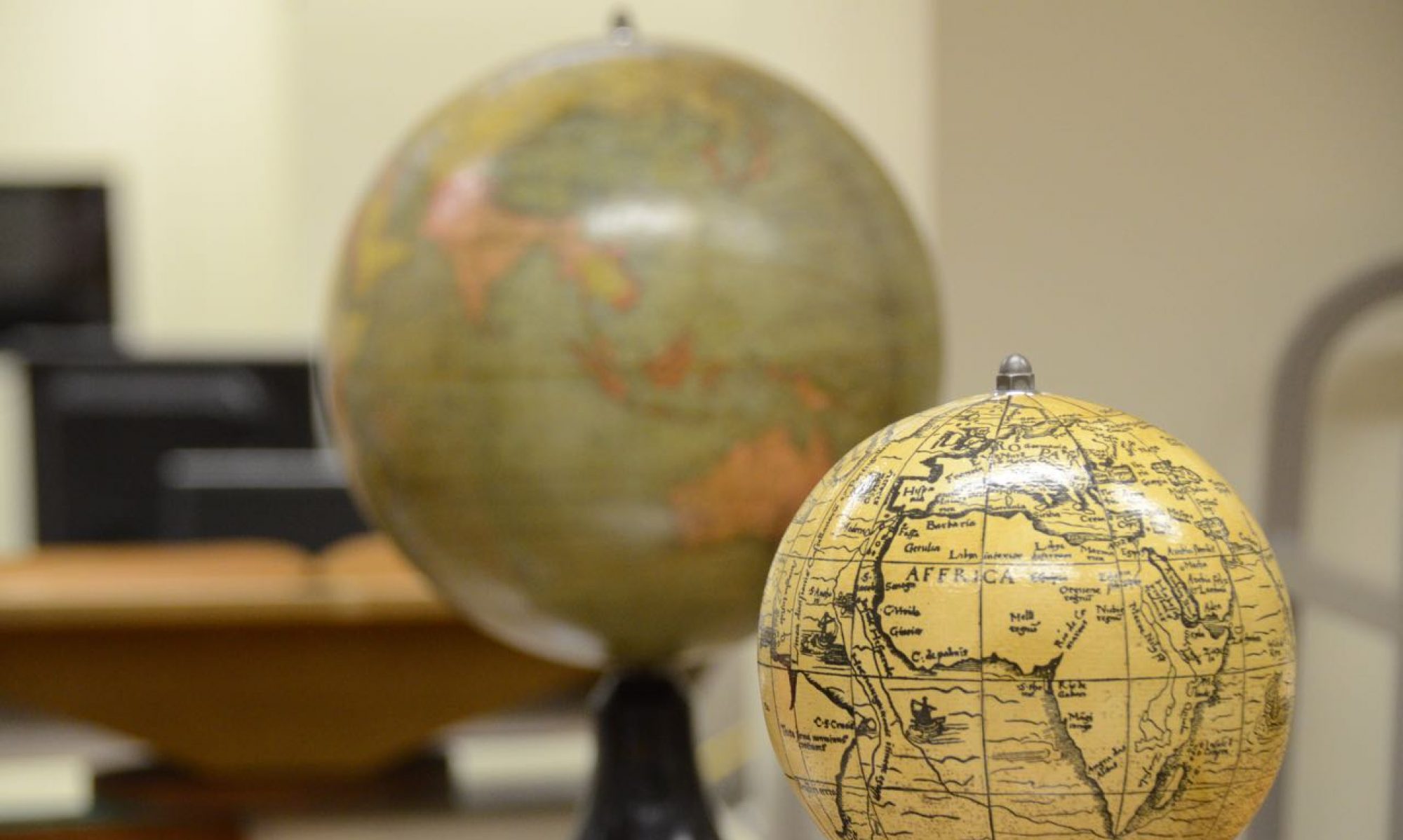Paul Robeson – Russia
Yiddish
From Wikipedia
https://en.wikipedia.org/wiki/Political_views_of_Paul_Robeson
Itzik Feffer meeting and concert in Tchaikovsky Hall (June 1949)
In June 1949, during the 150th anniversary celebration of the birth of Alexander Pushkin, Robeson visited the Soviet Union on a major tour including a concert at Tchaikovsky Hall. Concerned about the welfare of Jewish artists, Robeson insisted to Soviet officials that he meet with Itzik Feffer a few days earlier.[14] Robeson had first met Feffer on July 8, 1943, at the largest pro-Soviet rally ever held in the United States, an event organized by the Jewish Anti-Fascist Committee and chaired by Albert Einstein. Robeson then also got to know Solomon Mikhoels, the popular actor and director of the Moscow State Jewish Theater. Mikhoels also headed the Jewish Anti-Fascist Committee in the Soviet Union with Feffer as his second. After the rally, Robeson and his wife Essie had entertained Feffer and Mikhoels.
According to an account by Paul Robeson Jr told to Robeson biographer Martin Duberman,[15] in the 1980s, Robeson was disturbed as to why he could not find his many Jewish friends when he returned to the U.S.S.R. in June 1949. After several inquires, Feffer was brought to Robeson’s hotel room by the State Police. He and Feffer were forced to communicate through hand gestures and notes because the room was bugged. Feffer indicated that Mikhoels had been murdered in 1948 by the secret police[16] and intimated that he also was going to be killed. Feffer in fact was executed along with 14 other Jewish intellectuals three years later.[17] After the talk with Feffer Robeson would ask his friend Pete Blackman to “stick around” him during their stay in Moscow, he would also caution Blackman to “watch what he said” around party officials.[16]
Accounts of the meeting
There were no eyewitnesses who went on record, so the meeting of Paul Robeson and Itzik Feffer in Moscow has been given several varying interpretations. In recent years, Paul Robeson, Jr. has been quoted as saying that his father “tried to contact Soviet officials to see if anything could be done to release Feffer and other Jewish intellectuals.” This conflicts somewhat with his first account to Martin Duberman, which stated that his father did not act to speak out on Feffer’s behalf to Soviet officials. Solomon Mikhoels‘ daughter published an account that is nearly identical to that of Paul Robeson Jr., with Robeson specifically requesting to see Feffer except that places the meeting in 1951 which would not have been possible, given that Robeson was without his passport.[18] A second and more angry account by composer Dimitri Shostakovich denounces Robeson for “staying silent”, claiming the meeting was in a restaurant with Feffer accompanied by police agents.[19] In The Long Journey by Slavic anthropologist Esther Markish, the author writes that Feffer, following orders from the Soviet secret police, carefully said nothing to Robeson about the purges.[20]
Robeson’s speaks publicly of Feffer
Robeson spoke during his concert in Tchaikovsky Hall[16] on June 14, about his close friendship with Feffer and the recently deceased actor Solomon Mikhoels prior to singing the Vilna Partisan song “Zog Nit Keynmol” in both Russian and Yiddish. The concert was being broadcast across the entire Soviet Union.[21][22] Historian and Robeson biographer Martin Duberman writes:
“Asking the audience for silence he announced that there would be only one encore for that evening. He then spoke of his deep cultural ties between the Jewish peoples of the Soviet Union and the United States, and of how that tradition was being continued by the present generation of Russian-Jewish writers and actors. He then referred to his own friendship with Mikhoels and Feffer, and spoke of his great joy in having just come from meeting with Fefffer again. Robeson then sang in Yiddish, to a hushed hall, “Zog Nit Keynmol,” the Warsaw Ghetto resistance song, first reciting the words in Russian:
“‘Never say that you have reached the very end
When leaden skies a bitter future may portend;
For sure the hour for which we yearn will yet arrive
And our marching steps will thunder: ‘we survive’.
After a moment’s silence, the stunned audience, Great Russians and Jews alike responded with a burst of emotion, people with tears in their eyes coming up to the stage, calling out “Pavel Vaslyevich,” reaching out to touch him.[23][24][25] Having made that public gesture in behalf of Feffer and other victims of Stalin’s policies-all that could have been done without directly threatening Feffers’s life-Robeson clammed up on returning to the United States.”[26]
Robeson’s spontaneous translation of the Yiddish text of the song of the Warsaw Ghetto Uprising into Russian and his personal tribute to Mikhoels and Feffer were censored from the tapes of the 1949 broadcast. .[21][27]
Four years after the fall of Hitler, the tune would be used as a form of resistance against another 20th century tyrant. Paul Robeson traveled to Moscow in June of 1949 to give a performance to an audience that included many Communist Party elites, as well as what little remained of the Jewish intelligentsia after Stalin’s purges. At the end of the concert, Robeson stunned the audience with a surprise rendition of the Partisan Hymn. His introductory remarks contained references to the Yiddish language, the deep and enduring cultural ties between the US and Russian Jewish communities, as well as to leading Jewish intellectuals who had been “disappeared” by the regime.
The remarks, the spontaneous translation of the song to the shocked audience, and thunderous applause that followed were cut from the recording by Stalin’s censors, but the chaos is evident in the mixture of applause and jeers that follows the actual performance.
Ireland
English, Yiddish


.jpg?resize=320%2C250)